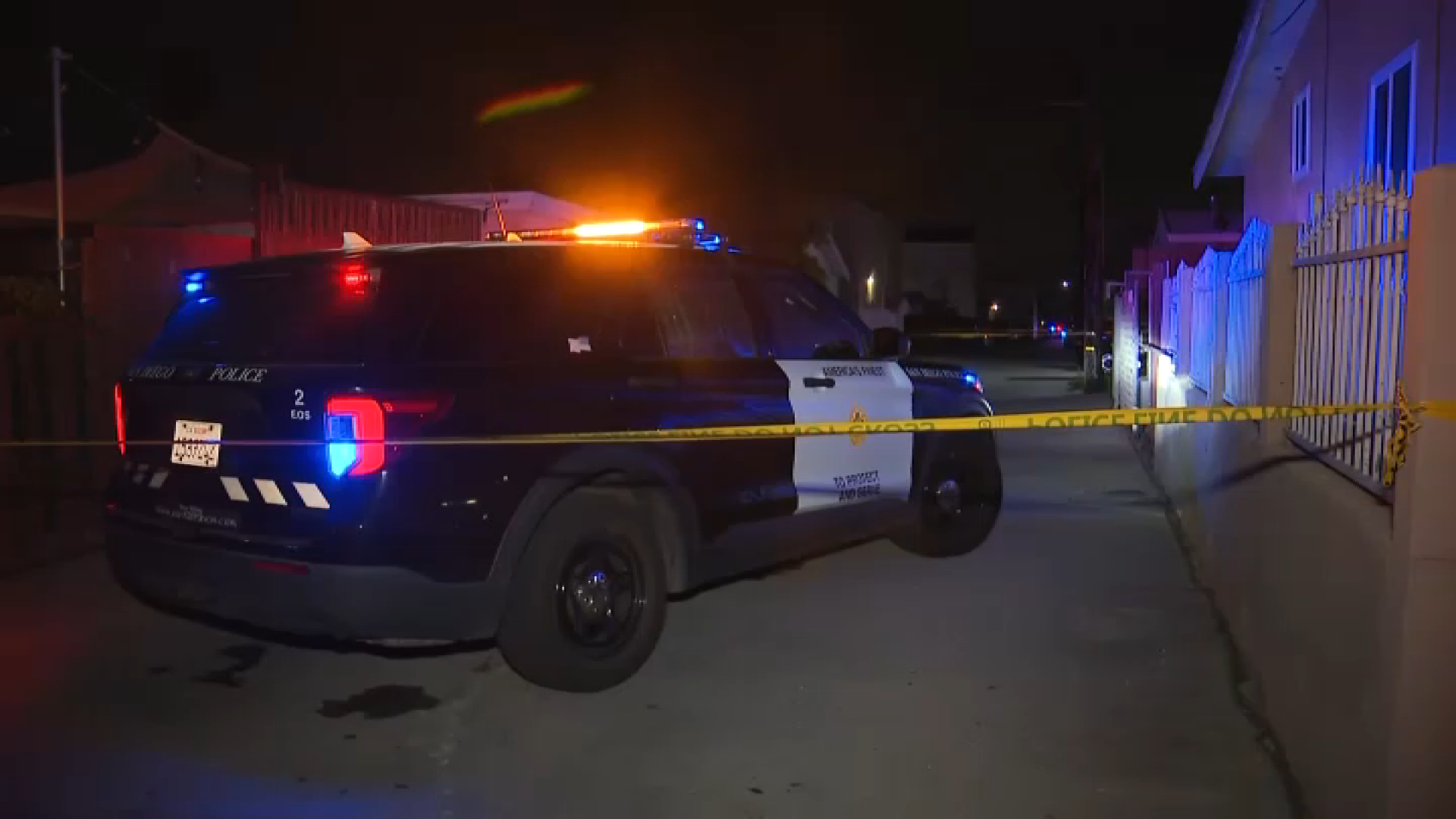Prisoners and people experiencing homelessness are expected to be included in the groups listed next to receive the COVID-19 vaccine, as the last part of Phase 1B.
Experts have been sounding the alarm that people in these groups needed extra attention. As coronavirus cases spike in the prison systems, the public has demanded action, with some advocating for early release as a protection against the spread of the virus.
There are at least 2,200 COVID-19 positive cases tied to San Diego County jails, prisons and detention centers, according to available online data sets that include information from the jails managed by the San Diego County Sheriff’s Department and the Richard J. Donavan Correctional Facility, to name a few.
Leo Beletsky, a law and health science professor at Northeastern, as well as an adjunct professor at UC San Diego School of Medicine, said the already-overcrowded California prison system has created a perfect storm.
“You know, some people call prisons nursing homes behind bars because there are so many people who are older and have health conditions that make them more vulnerable to this virus and many others,” Beletsky said.
To contain the outbreaks among the incarcerated is nearly impossible, Beletsky told NBC 7, because of the population turnover at the facilities.
“These have quickly become hotspots and sort of mini-epicenters of the virus spread," Beletsky said. "Not only is this a human-rights issue, it’s a public-health issue beyond the walls of these correctional facilities. Lots and lots of new people are coming into these facilities every single day. That puts a whole chain of folks at risk.”
Local
That chain includes police, jail staff and court systems, to name a few. The same can be argued for people who are homeless and moving in and out of shelters.
“Force people into these congregant settings and shelters -- it’s very hard to then avoid being exposed,” Beletsky said.
Beletsky told NBC 7 that the decision to decarcerate -- or decrease prison crowding with early release -- has been too slow and too late.
“A lot of decision-makers said we're just keeping things under lock and key, and everything will be fine," Beletsky said. "We can follow basic rules and actually give people soap, which they don’t usually have access to."
With regard to the vaccine, Beletsky told NBC7, administering it should be part of a multi-pronged approach to contain the spread at prisons across the country.
“It is in our best interest to prevent the infection from happening in the first place, through decarceration, through prevention measures, and, if it’s possible, provide people with the vaccine," Beletsky said. "It’ll help people behind bars, and it will help all of us.”



